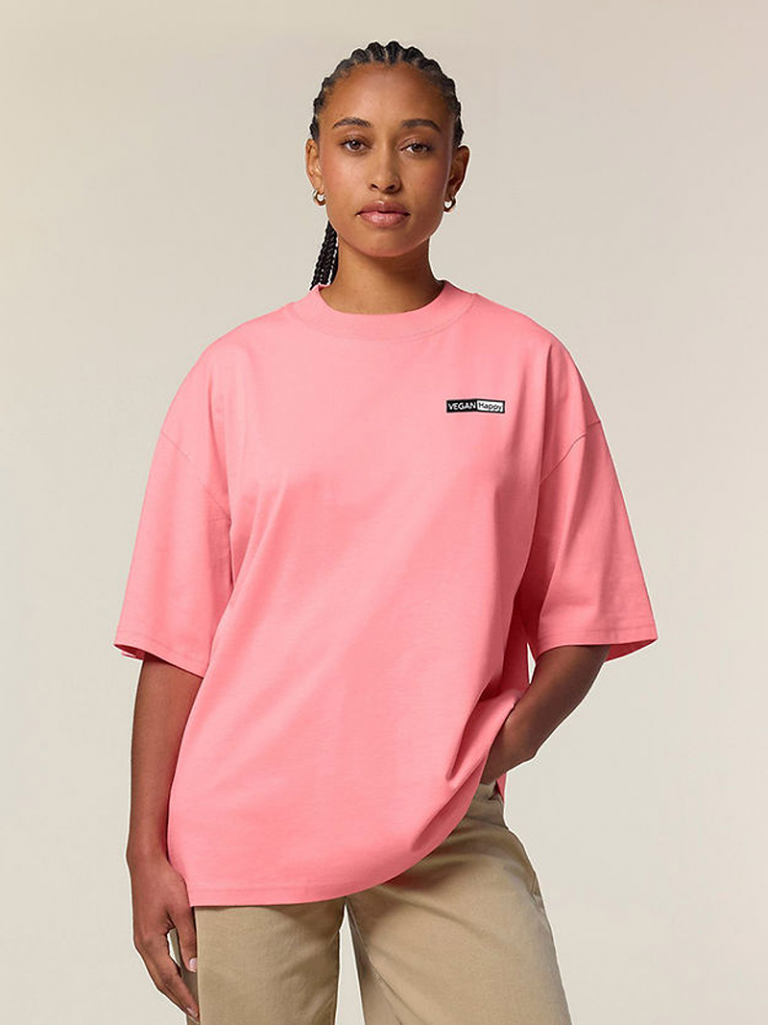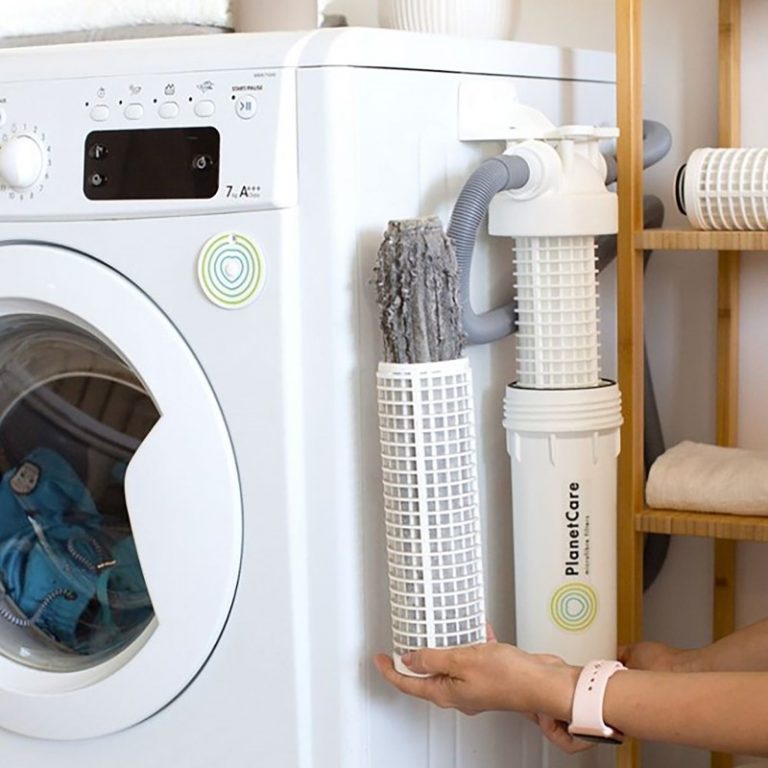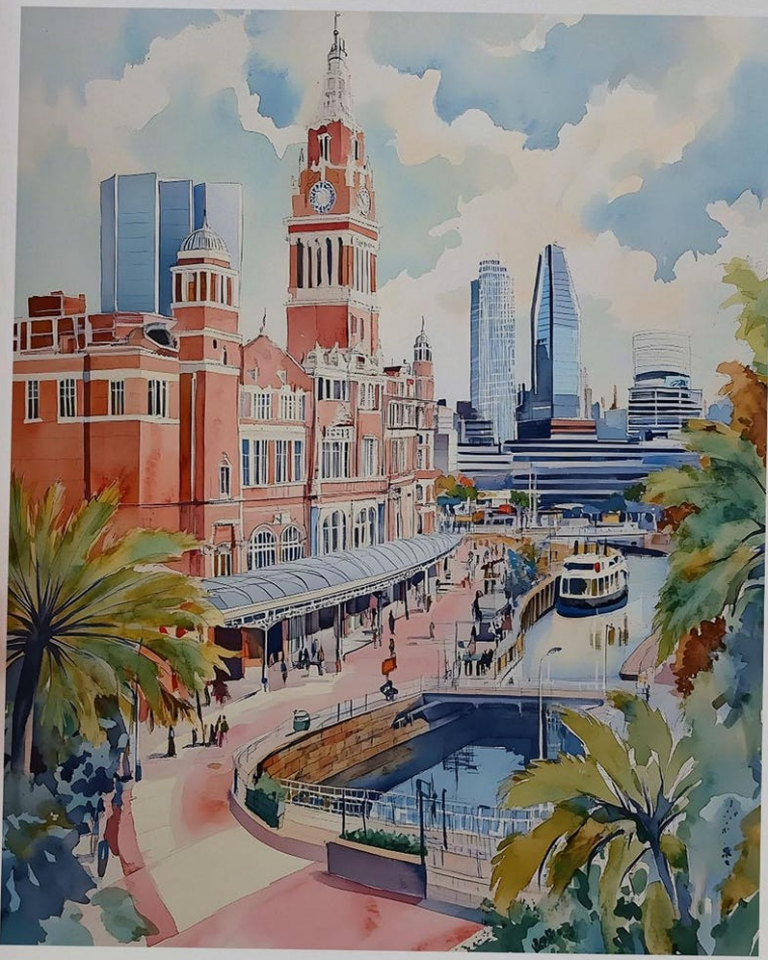
Stockholm, Pastel Pine
Paying for things in England isn’t what it used to be. Card machines sit on every shop counter, quick taps with a phone or smartwatch get the job done, and even pop-up markets use QR codes for payments. It feels like every day cash is used less, replaced by debit cards, contactless payment, and mobile apps.
Some people love the speed and simplicity that these methods offer. Others worry about leaving cash behind, especially those who rely on coins and notes for daily spending. England is moving towards a cashless society, but cash hasn’t vanished completely just yet. This post will look at how payment habits have shifted, why cash use is shrinking, and whether it’s really on the way out.
How Technology is Shaping Payments
England’s payment habits have changed more in the last five years than in decades before. As cash use falls, it’s clear technology is doing the heavy lifting. The way we pay now looks completely different from how our parents or grandparents handled money. It’s not just about using cards at supermarkets anymore. Payments have gone fast, contactless, and, for many, completely digital.
Contactless Cards: The New Normal
A decade ago, paying by card meant inserting it and typing in your pin. Today, most people simply tap their card on the reader and go. Contactless cards are so quick and easy that they’ve become the default way to pay for anything under £100 in pubs, shops, and even street stalls. No more fussing with change or handling cash.
Key reasons for the surge in contactless payments:
- Speed at the checkout (goodbye, long queues)
- No need to type a pin for many purchases
- Fewer hygiene worries (just tap, no shared buttons)
- Almost every card issued in recent years has the contactless feature
This tech isn’t just confined to big cities. Even small towns and village shops now keep a card reader handy. Shoppers expect to pay by card everywhere. Some places won’t even accept cash at all.
Mobile Apps: Apple Pay, Google Pay, and Beyond
Pulling out your wallet is optional now. With mobile payment apps like Apple Pay and Google Pay, all you need is a smartphone or smartwatch. Just hold the device near the reader and it’s done.
Benefits have driven fast growth:
- Phones and watches replace wallets (no risk of losing your bank card at the pub)
- Extra security layers like fingerprint or face ID
- Works for both big and tiny purchases, such as a coffee or a train ticket
You’ll spot people using their devices to pay everywhere—in delis, supermarkets, even when grabbing a pint at the local pub. With more shops and cafes accepting these methods, carrying cash often feels unnecessary.
QR Codes: Popping Up Everywhere
QR codes may have taken off during the pandemic, but they’re here to stay. Cafes, takeaways, and small businesses display codes for instant payment using mobile apps. All you do is scan the code, enter a tip (if you want), and hit pay.
You’ll see QR codes for:
- Splitting a bill with friends
- Quick payments at food markets
- Table service in busy venues
For businesses, this means less cash handling and an easier way to track sales.
Card-Only Across Public Transport
Public transport in England has gone almost cash-free. No more fumbling for coins when hopping on a bus in London or the tube. Passengers simply tap a contactless card or phone to pay for the journey.
From the London underground and buses to National Rail, coins are increasingly no longer accepted. The idea is to speed up boarding and cut down on handling fares.
Fewer ATMs, Shrinking Cash Use
The number of ATMs in England is dropping year by year. Many bank branches now close earlier or have been replaced by online-only services. Fewer ATMs make it harder to withdraw cash, especially in rural areas. Shops that used to offer cash-back may not bother, as fewer customers want coins or notes.
A few stats to show this shrinkage:
- 2019: Around 58% of payments made by card
- 2023: Over 85% of transactions now by card or phone
It’s simple: when getting cash gets harder, people find it easier to stick with cards.
Lessons from Sweden: The Swish Effect

Sweden offers a sneak peek into a nearly cashless world. There, the mobile app Swish took off, allowing friends, shops, and even local sports clubs to send and receive money using just a phone number. Physical cash is now rare in big cities—Swedes actually ask before bringing cash anywhere.
The lesson for England? Once people trust quick, easy, app-based payments, it’s hard to go back to coins. England’s mix of contactless cards, mobile apps, and declining ATM use looks familiar to anyone watching Sweden adopt Swish.
People across England are not just watching this shift—they are living it every day, changing their habits often without even noticing. As the tech keeps getting simpler, the move away from cash only speeds up.
Bank Notes Contain Animal Fat
UK bank notes are now made with a blend of plastic and animal fats, so many people (vegans and some religious beliefs) don’t use cash, preferring to only pay by card. Vegan fast food joints don’t take cash, for the same reason.
The Bank of England also says the tallow is used to prevent static, when used in counting machines. The company that makes the bank notes, now supplies the same animal-fat products to 20 countries abroad.
The Cash Debate: Who Still Uses It?
While England rushes ahead with tap-and-go cards and mobile apps, cash is not just fading quietly into history. Plenty of people still use coins and notes every day. They have their reasons, and some depend on cash far more than others.
For many, sticking with cash is less about nostalgia and more about daily life. Some find it helps them make sense of spending, while others cannot access digital payments easily. Charities, community groups, and even small businesses often still rely on cash to keep going.
Social and Ethical Questions Around Dropping Cash
When you hear about a cashless future, it often sounds easy and shiny. Yet, taking away cash creates problems for many. The loss of cash is not just about habits; it is about access, trust, and fairness.
Who risks being left behind when cash disappears? Here are a few groups most affected:
- Older people: A large number of pensioners still prefer cash, either from habit or lack of access to tech. Simple things like weekly shopping or paying for a coffee feel safer with notes in hand.
- Those without smartphones or internet: Not everyone has a phone that can run banking apps, or reliable Wi-Fi at home. These folks face real barriers if cash is not an option.
- People without bank accounts: From those on low incomes to recent migrants, some do not have access to mainstream banking. Cash is their lifeline for paying rent, buying food, or taking public transport.
- Small business owners: Many cash-based businesses like market stalls, window cleaners, and hairdressers still choose cash. It is quick, there are no card processing fees, and it allows for private, simple transactions.
The disappearing ATMs are a headache, especially in rural areas. Villages and small towns may go without a cash machine for miles. This means taking a bus just to get cash out, or relying on local shops for cashback (if that is even an option). For someone who needs cash for every purchase, this is a real struggle.
Budgeting is another part of the story. For many, paying in cash makes it easier to manage money. You cannot overspend if you only carry what you need. Unlike tapping a card, seeing your cash run low in your wallet is a clear sign to stop.
Then there are people who do not trust digital payments. Concerns range from fraud, tracking, or simply losing control over spending when it all goes online. For someone trying to limit debt, cash can be a barrier that stops those endless small taps from piling up unnoticed.
Cash also holds a special place in communities:
- Street sellers and buskers often only take coins.
- Local charities and community groups still get most donations in coins or notes.
- Kids learning about money often get their pocket money in cash, not as a balance in a banking app.
The move away from cash is about more than just technology. It is connected to independence, privacy, trust, and community. For some, coins and notes still represent the freedom to spend, give, and save in a way that feels right for them.
What Could a Cashless Future Look Like?

Imagine a day when you no longer check your wallet for coins before heading out. Shops, buses, and even charity collectors expect a tap or scan, not a handful of change. With England moving further from cash, a cashless future could change everything about how we spend, save, and give. Let’s look at how daily life might shift, what we might gain, and what could slip through the cracks.
Shopping and Everyday Spending
In a mostly cash-free England, shoppers would pay for almost everything with cards, phones, or smartwatches. Supermarket queues would move even faster, as customers tap to pay in seconds. Forget the last-minute fuss at the till about finding the right change—every transaction would be precise, leaving no penny behind.
Small shops and high street brands would rely on digital sales records to track every item. Receipts sent by email or stored in your phone would be the norm. Impulse buys could rise, as spending feels less “real” when money isn’t visible. For people watching their budgets, this ease might make it tricky to keep spending in check.
There would be some gains too:
- No need to rush to the cashpoint
- No worries over lost or stolen notes
- Faster queues and simpler returns
But spending would also leave a digital trail, tracking each purchase in your bank’s app.
Getting Around: Travel and Transport
Public transport is already close to cash-free in many cities. In a future without cash, all buses, tubes, and trains across England could use contactless cards or travel apps. Travellers would tap as they board and just walk off at their stop, skipping the need to buy tickets with coins.
For frequent travellers, this would mean:
- Never queueing for tickets again
- Less chance of fare dodging, as every payment is logged
- Easier upgrades, such as adding a travel card or paying for peak fares instantly
But those without cards or smartphones could struggle. For someone who loses their phone, a broken bank card might mean they simply can’t travel.
Donating and Tipping
Dropping coins into a charity tin or tossing some change to a street performer might become something from the past. Instead, people could see QR code stickers on donation boxes, or see people wearing contactless payment badges that accept small sums.
For charities and local causes, this shift would mean:
- Easier ways to collect higher-value donations
- Instant receipts that make gift aid a breeze
But it might also make spontaneous sort of giving feel less personal. The act of dropping coins in a busker’s hat has a warmth that a phone tap can’t match. Smaller charities, church groups, and those not set up for card payments could get overlooked by people used to giving the quick, digital way.
Convenience vs. Losing Control
A cash-free England would be slick, and spending would take less thought. For some, that’s a blessing. No more worrying about exact change. No more holding up the queue. Yet, this convenience can cause trouble for those who find it hard to budget. Physical cash gives a sense of what you have left—an empty wallet is hard to ignore.
List of potential gains for people with access to digital payments:
- Easier budgeting apps linked to your bank
- Spending alerts to help spot fraud right away
- Access to loyalty schemes and instant discounts
Potential problems:
- Losing track of small purchases that add up
- Pressure to always carry a phone or card
- Those without digital access could be shut out
Privacy and Choice
Every card payment creates a data point—where you spent, what you bought, and when. For people who want privacy, a cashless society means losing the option to keep spending decisions private. This change isn’t just about spending—it’s about how much of daily life is watched, logged, and analysed.
Banks and shops would have more info than ever about habits and likes. Deals or ads could pop up based on buying bread or booking a bus ticket. While this helps some people get offers they want, it can feel like being watched at all times.
How Businesses Feel About Going Cashless
Most large businesses welcome cash-free payments. It’s easier to balance the books, no time wasted counting tills, and less risk from theft. Card payments speed up lines, letting staff serve more people each hour. As a bonus, digital sales are easier to track for stock and tax.
Many small businesses also benefit:
- Fewer costly runs to the bank to deposit cash
- Less need for change in the till
- Tools for tracking trends or setting discounts
But some local traders still miss cash. Card systems bring fees, and when the internet drops, sales can stop. For someone selling flowers at the market, cards feel less personal than simply taking a few coins.
What Could Be Lost with No Cash?
A cashless society would work for millions, but not for everyone. Some essentials might be lost:
- Choice: If all shops refuse cash, people with only notes are stuck.
- Privacy—for both buyer and seller. Every transaction is traceable.
- The independence cash can give to children or people budgeting with envelopes.
- A safety net when technology fails. Power cuts, phone glitches, or bank blocks could stop spending for everyone.
Daily life could get easier, but not without cost. England’s move toward a cash-free future is full of promise, but also leaves some questions about what gets left behind. The loss of cash is more than a switch in how people pay; it could reshape everything from shopping to family budgeting.
Conclusion
England is edging closer to becoming cashless, with tap-to-pay cards and mobile apps leading the charge. For people who value speed and convenience, this new way to pay is now second nature. At the same time, those who depend on cash, including the elderly and people without easy access to digital banking, face genuine hurdles.
There is energy and freedom in going contactless, but it comes with gaps. The move away from cash won’t suit everyone, at least not yet, and the benefits can come with downsides for privacy and choice. Take a look at your own weekly routine—how often do you find yourself reaching for coins, and how does it feel as shops and buses expect a tap instead?
As England inches closer to a cash-free future, being aware of who gains and who could lose will matter more than ever. Thanks for reading. Share your thoughts, and join the conversation.






